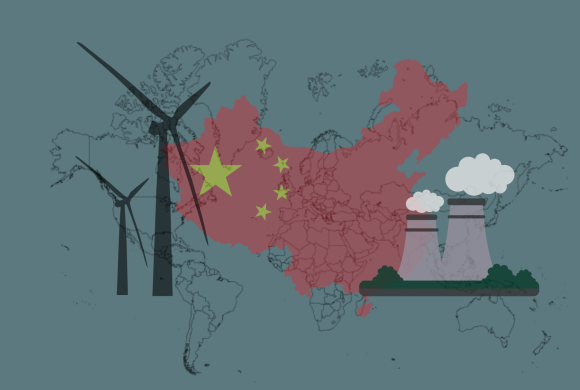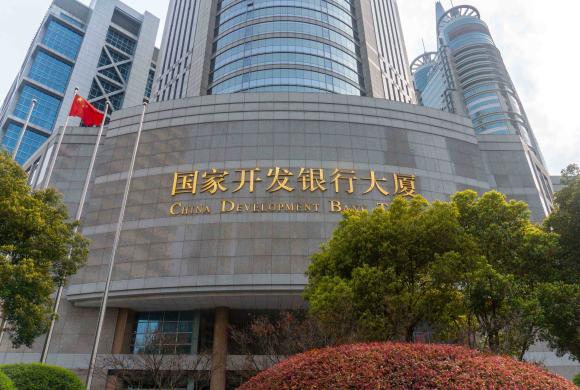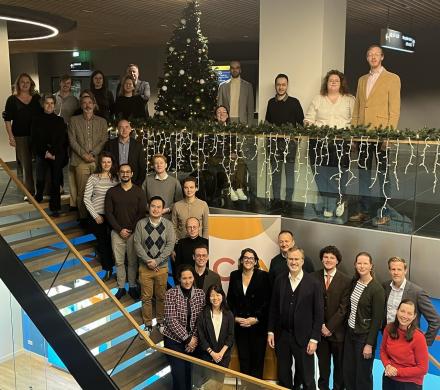#28 Dealing with Decoupling from China
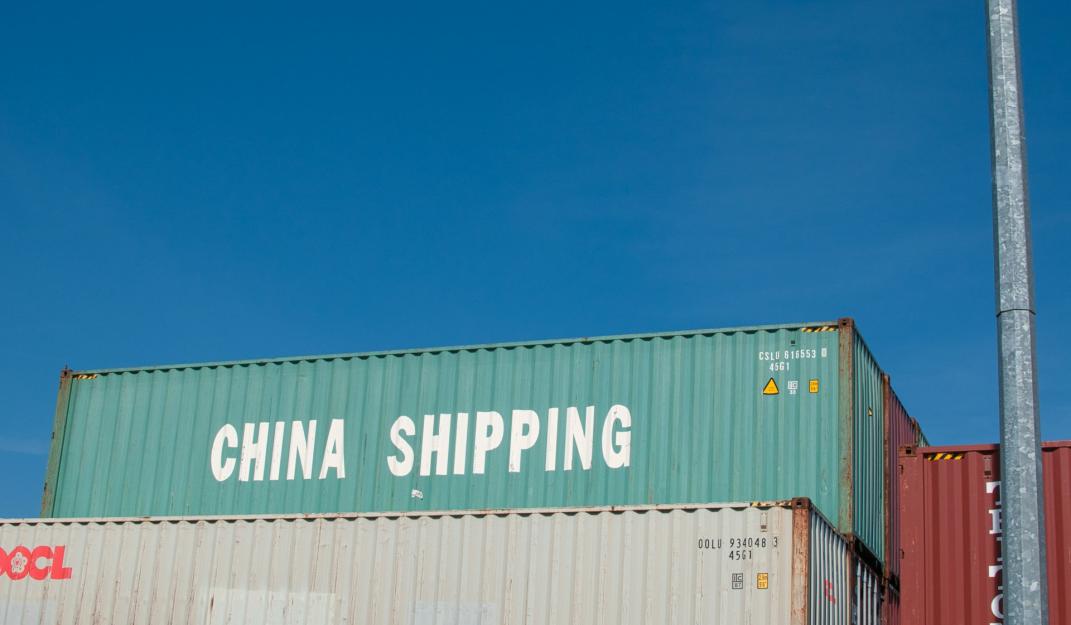
Dealing with Decoupling from China: Business Strategies in a Changing World
This report discusses the findings of a research project of the Leiden Asia Centre in the Netherlands and the East Asian Institute in Singapore on the extent and impact of economic decoupling from China. In particular, we have investigated the awareness and mitigation strategies of firms trading with or investing in China, and their views on the options and costs of (partial) decoupling from China.
China’s challenge to the supremacy of the United States has fundamentally upset the geopolitical balance of power, posing new risks to foreign businesses in China. Awareness of geopolitical risks has become much more pronounced since Russia’s invasion of Ukraine in February 2022. The war revealed the potentially enormous consequences of dependency on a country that might turn hostile in the future and the potential losses on investment that foreign investors could face. Reflecting increasing geopolitical tensions, governments around the world are becoming more active in implementing policies that restrict trade and investment with third countries, including China.
Despite an economic policy that is increasingly driven by national security and geopolitical conflict, China’s economic strengths and importance to the world economy remain largely undented. The country continues its transition to an advanced, innovation-driven economy, dominated by a strong market sector and backed by a powerful state. Moreover, China is energetically increasing its self-reliance in sectors important for national security, specifically in critical technologies, reflected in a growing onshoring of global supply chains.
Dutch, German and Japanese companies are usually critical of their home country’s governments siding with the US, and favour a more balanced approach to relations with the US and China. Singaporean companies praise their government for exactly that balance, and strongly support its refusal to pick a side in the conflict.
As a neutral country in the US–China conflict, a global hub of business services and trade and with a highly advanced economy, Singapore has actually profited from certain aspects of business decoupling from China. This includes financial and business services, the hospitality industry and the relocation of production facilities and regional headquarters, not only of foreign companies but also those of Chinese (private) companies. Moreover, Singaporean businesses in China are less at risk from Chinese measures and hostility than American and Japanese (and, in future, possibly European) companies.
The authors:
Frank Pieke, as principal investigator, was responsible for the overall coordination and execution of the project and also led the interview-based part of the project. Bert Hofman was in charge of the research on investment and trade data. Specific parts of the project’s research were carried out by Rumi Aoyama of Waseda University in Tokyo; Emma Burgers and Eric Siyi Zhang of the Leiden Asia Centre in the Netherlands; and Kong Tuan Yuen, Tan Chia How and Ryan Ho of the East Asian Institute in Singapore.
Watch the report presentation here
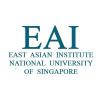
East Asia Institute
The East Asian Institute (EAI) was set up in April 1997 as an autonomous research organization under a statute of the National University of Singapore. The main mission of EAI is to promote both academic and policy-oriented research on East Asian development, particularly the political, economic and social development of contemporary China (including Hong Kong and Taiwan), and China’s growing economic relations with the region and the world at large, including Japan, Korea and ASEAN.

LeidenAsiaCentre
The aim of the LeidenAsiaCentre is to generate academic knowledge on modern East Asia that can find societal applications in the Netherlands. The LeidenAsiaCentre focuses primarily on East Asia: China (including Taiwan), Japan, Korea and Singapore, but is expanding its focus to include South and Southeast Asia, notably India and the Indo-Pacific. As an independent NGO by Dutch law, the LeidenAsiaCentre identifies topics related to social-economic and political developments within Asia that are of relevance for the Netherlands and Europe at large.

